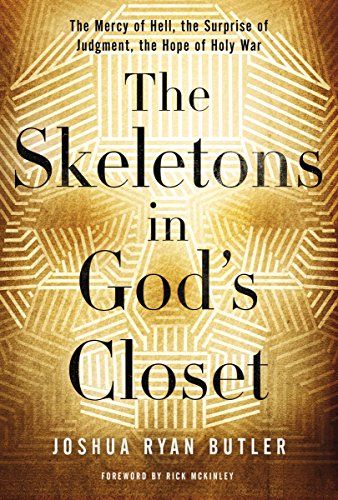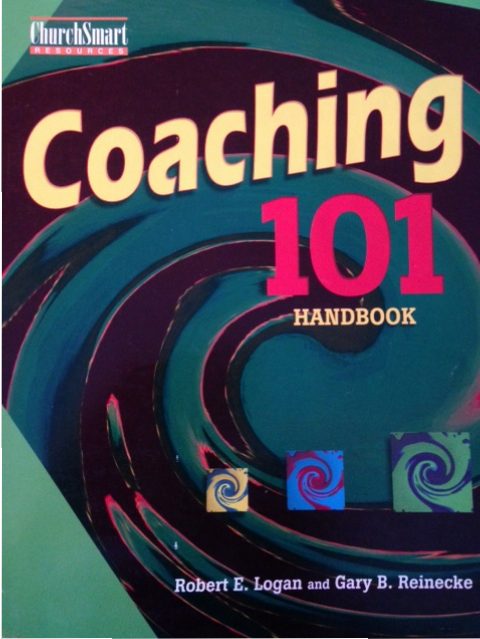
by Gary Reinecke | Nov 27, 2016 | Uncategorized |
I have always been interested in finding ways to preserve the planet in the manner we design living spaces, buildings and parks. In addition, a vision I had as a college student was to preserve God’s creation by using environmentally-friendly materials that would reduce the carbon footprint. That led to a degree in Environmental Design. What I lacked was a theological framework to anchor my vision. This is one reason why I am enjoying “The Skeleton’s in God’s Closet: The Mercy of Hell, the Surprise of Judgment, the Hope of Holy War” by Joshua Ryan Butler. A book like this creates a theological framework for issues like environmental stewardship, issues of social-justice, racial inequality, engaging the poor and oppressed.
The author acknowledges the difficult questions that gnaw under the surface for many a follower of Christ. As I read the author’s argument to these thorny issues, I reflected on missiological questions that have implications for catalyzing disciplemaking movements.
- What is the Gospel message?
- How do disciplemaking movements keep the centrality of the Gospel message?
- What gaps exist in your missiology?
- How does this change the way you catalyze disciplemaking movements?
- What is the most important shift that needs to occur in your praxis?
We live in an exciting era. Butler represents one of many voices rediscovering the radical intent of the Gospel. I’m curious what other authors are dealing with similar issues as “The Skeleton’s in God’s Closet: The Mercy of Hell, the Surprise of Judgment, the Hope of Holy War”. Please share the names of authors and books that challenge your missiolgy, I would be interested in hearing who you are learning from below.

by Gary Reinecke | Nov 21, 2016 | Uncategorized |
Praying for your day to be filled with gratitude for God’s provision in your life and ministry!
Gary Reinecke
InFocus Ministries

by Gary Reinecke | Nov 12, 2016 | Church Growth, Church Multiplication, Coach Training, Disciplemaking, Focused Ministry, Leader Development, Personal Development, Uncategorized |
I’ve trained leaders around the world in the coaching process (commonly known as the 5 Rs – see below) who are catalyzing disciple making movements, planting churches, empowering leaders, leading teams and pioneering networks. A conversation with one missionary reminded me that the five elements of the coaching process are more descriptive than prescriptive. It was evident this gifted woman was wrestling with the process. When I gave her freedom to come up with her own language to describe the process she uses, she lit-up!
- RELATE – Establishing a coaching relationship and agenda
- REFLECT – Discover and explore key issues
- REFOCUS – Determine priorities and action steps
- RESOURCE – Provide support and encouragement
- REVIEW – Evaluate, celebrate and revise plans
That is the way I present the 5-R coaching process. Once people become familiar with the five elements then I challenge them to personalize it so that is fits their context. Find language that captures the essence of what they do and how they do it. And most of all – begin using it!
Below are five questions to help you identify the coaching process you use:
- How do I connect with people I coach?
- How do I help people analyze their situation?
- How do I help them envision the future?
- How do I help people identify resources to implement their plans?
- How do I help people I coach review their plans, celebrate success and capture insights?
Answers to these questions will help you uncover your coaching process. The more transferable, the better. If you have a process you’ve created, I’d appreciate you e-mailing me or sharing it with the InFocus coaching community below.

by Gary Reinecke | Nov 6, 2016 | Disciplemaking, Leader Development, Uncategorized |
Normally I’ve seen one or the other emphasized:
This last year I’ve been part of a two-pronged training process combining Disciple Making Movements (DMM) with Coaching in 5 regions around the world beginning with India and Turkey, followed by the US, then concluding with Spain and Hong Kong. Each event lasted 5 days with the morning dedicated to DMM and afternoons focused on Coach training. Participants were forced to live in the tension of learning the technical side of DMM utilizing Discovery Bible Studies (DBS) in combination with the relational side of Coaching.
Why was this approach taken? For obvious reasons, I won’t reference the organization nor the leaders because they are planting churches in under-resourced and under-served areas of the world (10-40 Window); however, this is what they learned when they interviewed other mission agencies taking this approach:
In talking to other organizations that have implemented DMM training each and every group has said they should have taught coaching principles in coordination with DMM to give their workers the skill of coaching.
Typically, I present coaching as a non-directive process; however, in this training approach the “content” is assumed to be the Bible in the context of a DBS. Further, when a person is ready to reproduce a DBS into the second and third generation, the focus of the coaching relationship shifts to leader development. Through this process, churches are planted with coaching embedded in the DNA.
Here are three lessons I’ve learned:
- Synergy – utilize practitioners from each discipline to maximize the strengths of both systems.
- Progression: explain how the two disciplines are distinct – then show how they compliment one another.
- Structural Tension – allow participants to live in the tension of making disciples AND coaching leaders to reproduce.
What lessons have you learned training leaders to catalyze disciplemaking movements? I would love to read your reflections. Please share your insights below.



